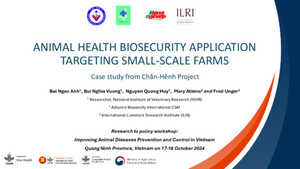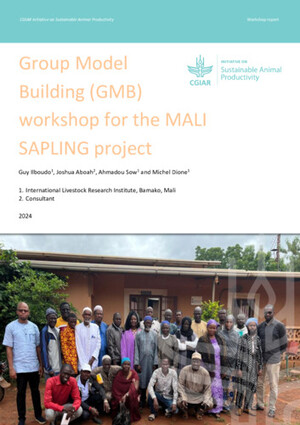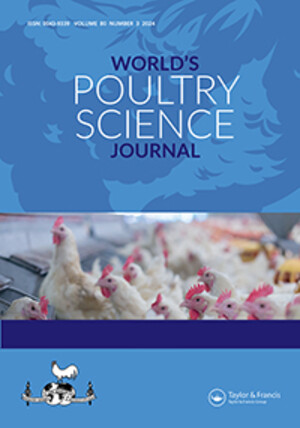
Training farmers in rational drug-use improves their management of cattle trypanosomosis: a cluster-randomised trial in south Mali
Abstract
We carried out a stratified, cluster-randomised, controlled trial in south Mali in 2004 to evaluate the impact of providing information on the diagnosis and treatment of bovine trypanosomosis by farmers. We recruited cattle farmers (444) in 46 villages and used stratified, restricted-randomisation to assign villages to either the test or control group. Farmers in the test group received an information leaflet designed to address gaps in farmer knowledge likely to lead to inadequate treatment; their knowledge was assessed before the intervention, and at 2 weeks and 5 months after the intervention. We assessed the quality of farmer treatments by measuring clinical outcomes in cattle 2 weeks after selection and treatment. As an indicator of herd health, we assessed the mean hematocrit of the village herd before, and 5 months after, the intervention. To account for clustering, we analysed data using generalised estimating equations. Improvements in farmer knowledge of trypanosomosis diagnosis and treatment at 2 weeks and 5 months in the group receiving information were 23% and 14% greater at 2 weeks and 5 months, respectively. In the test group, 84% of farmer treatments were successful, compared to 73% in the control group. Giving rational drug-use information to farmers improved their knowledge and management of trypanosomosis as well as clinical outcomes in cattle they treated and had no discernible negative impacts.
Citation
Grace, D., Randolph, T., Diall, O. and Clausen, P.H. 2008. Training farmers in rational drug-use improves their management of cattle trypanosomosis: a cluster-randomised trial in south Mali. Preventive Veterinary Medicine 83(1):83-97.










